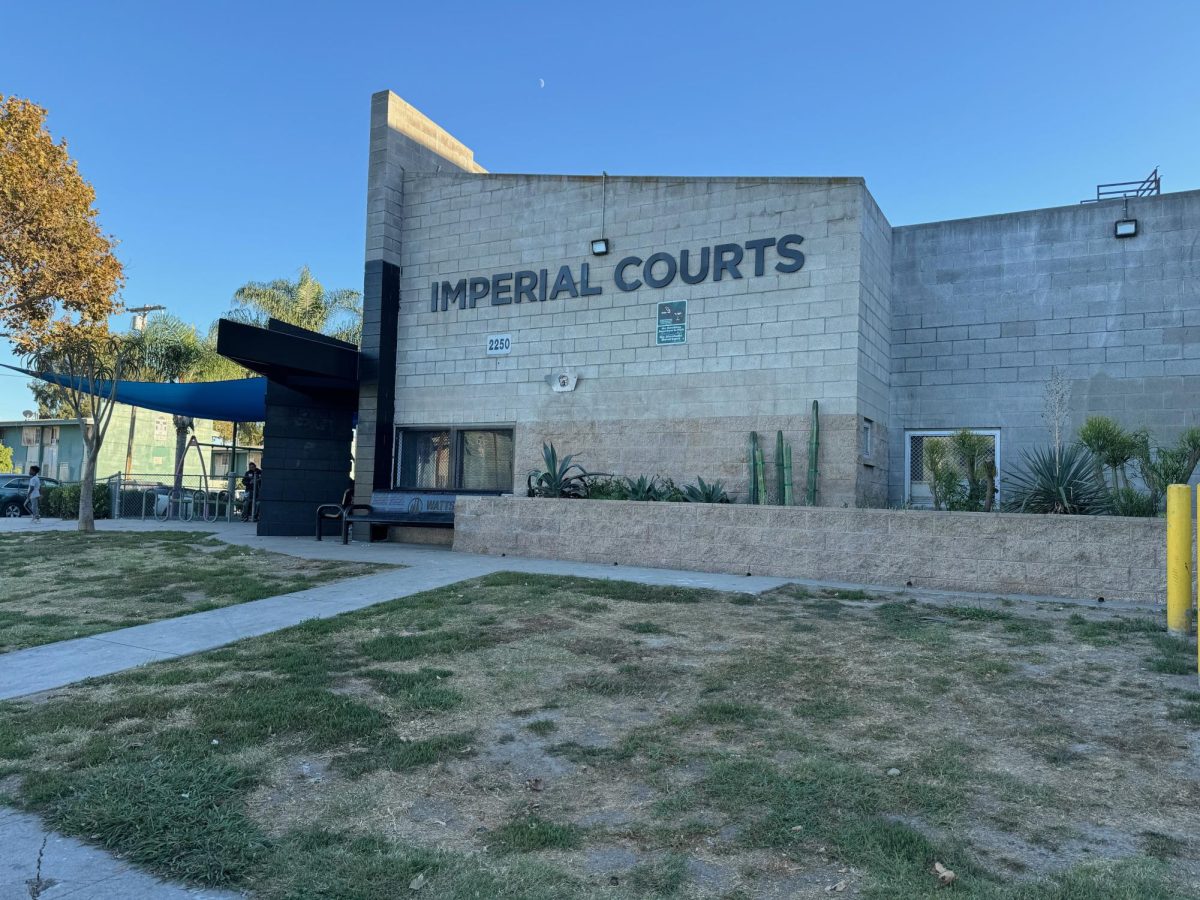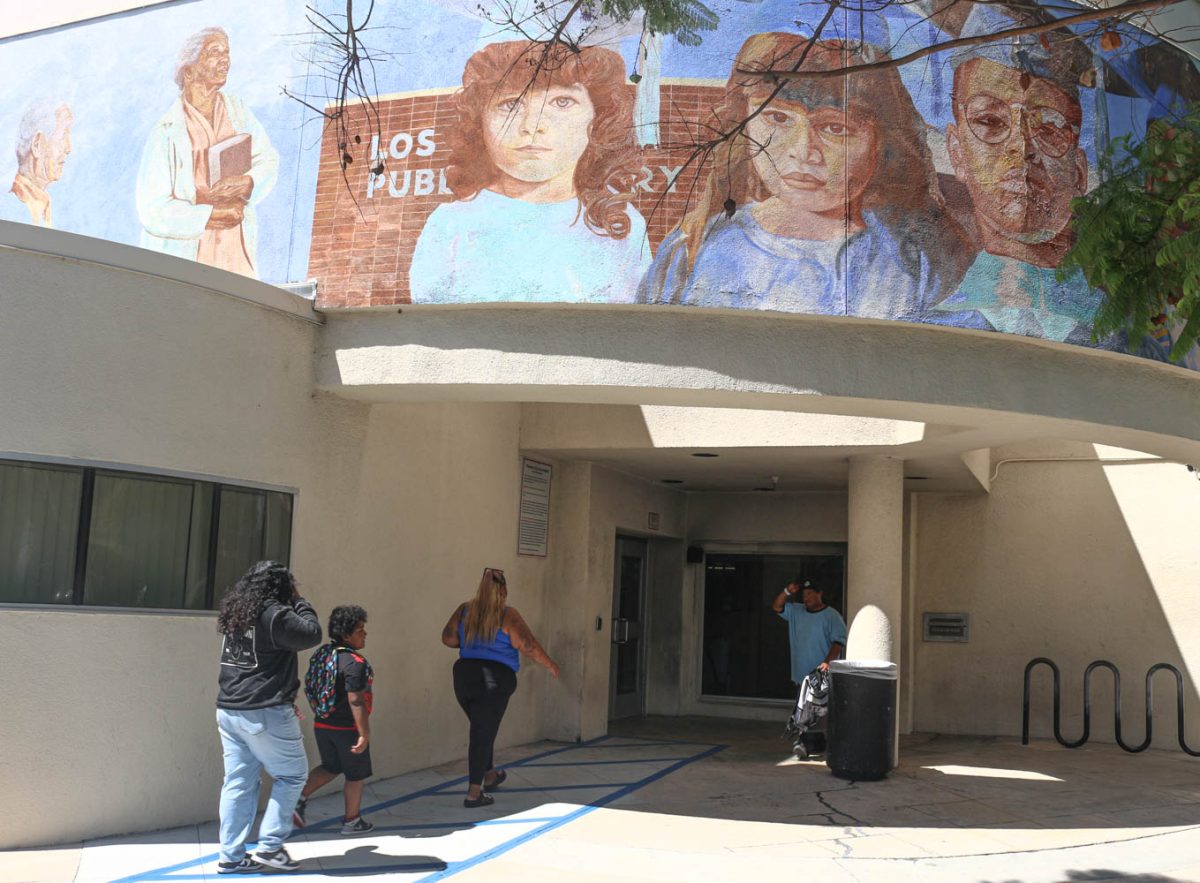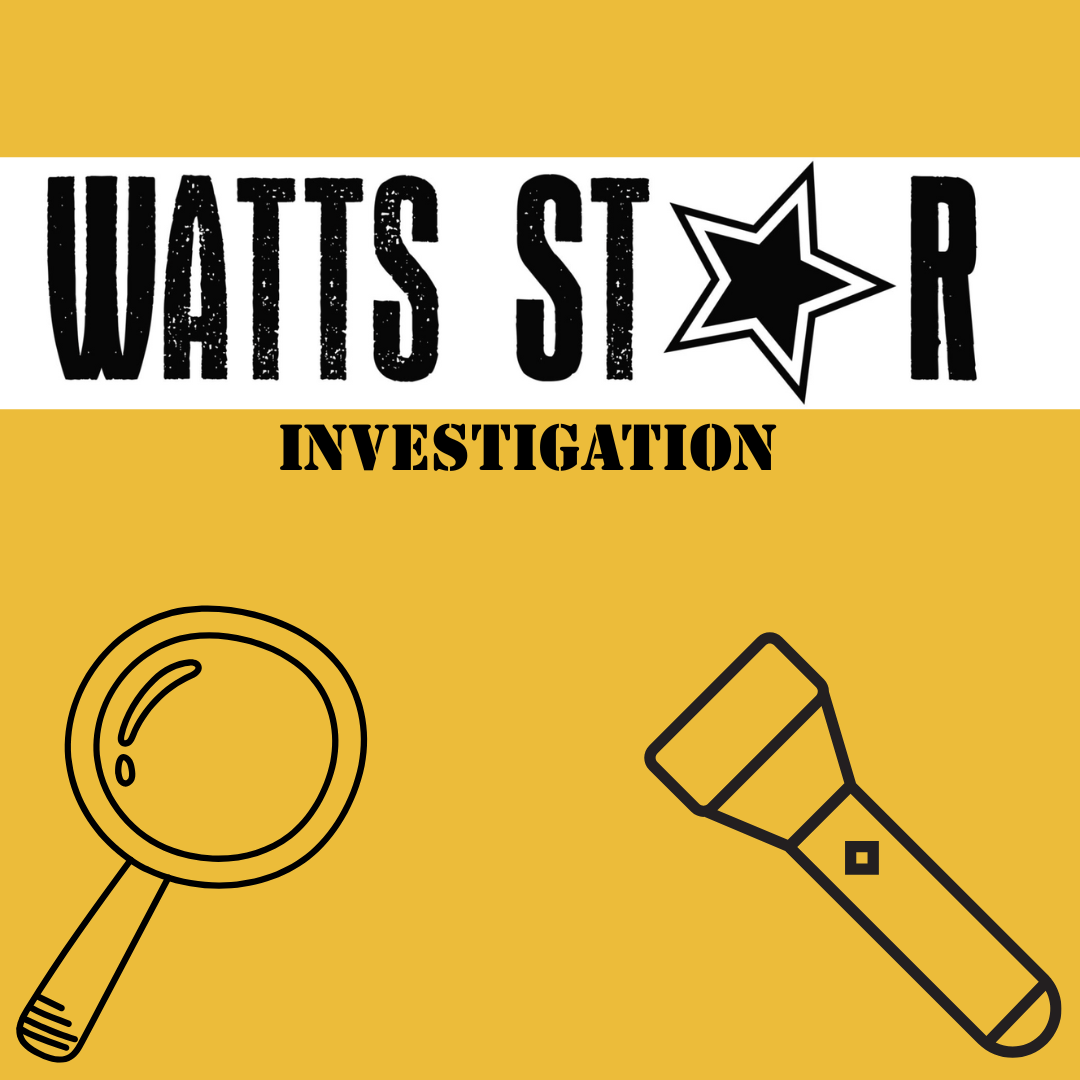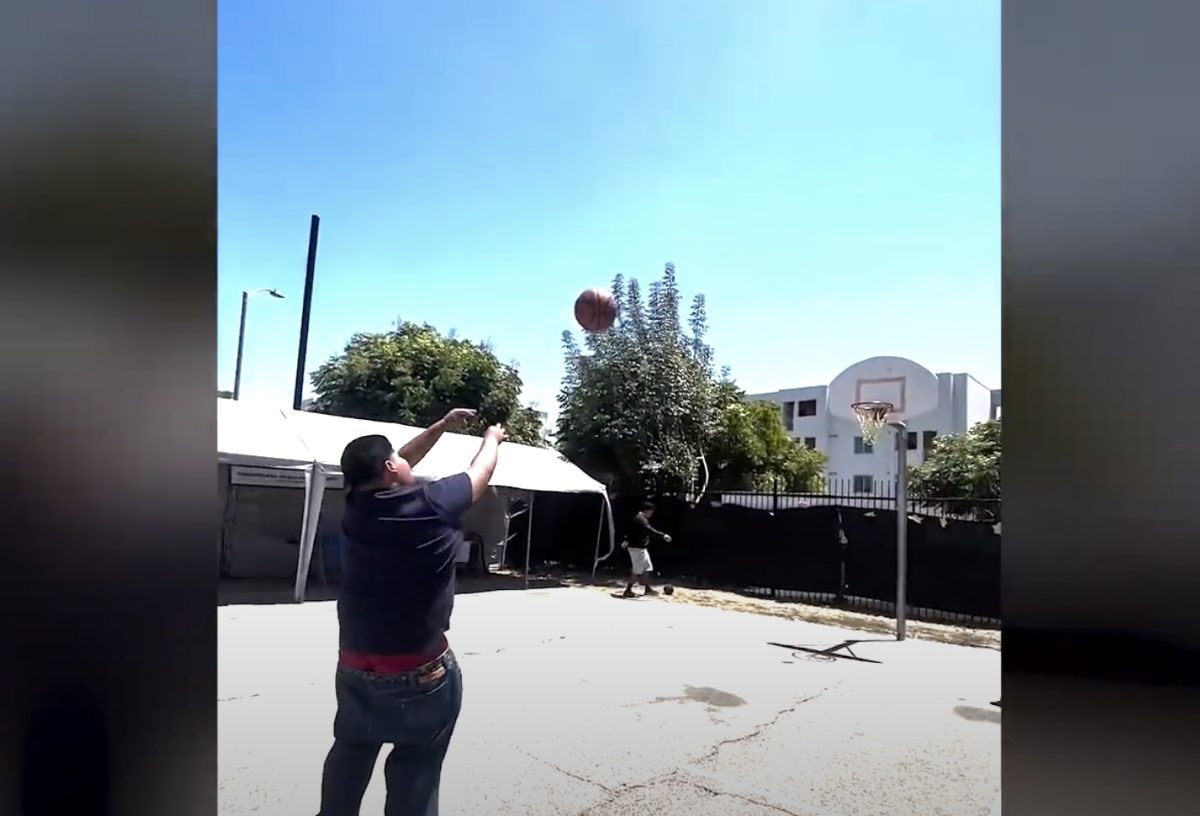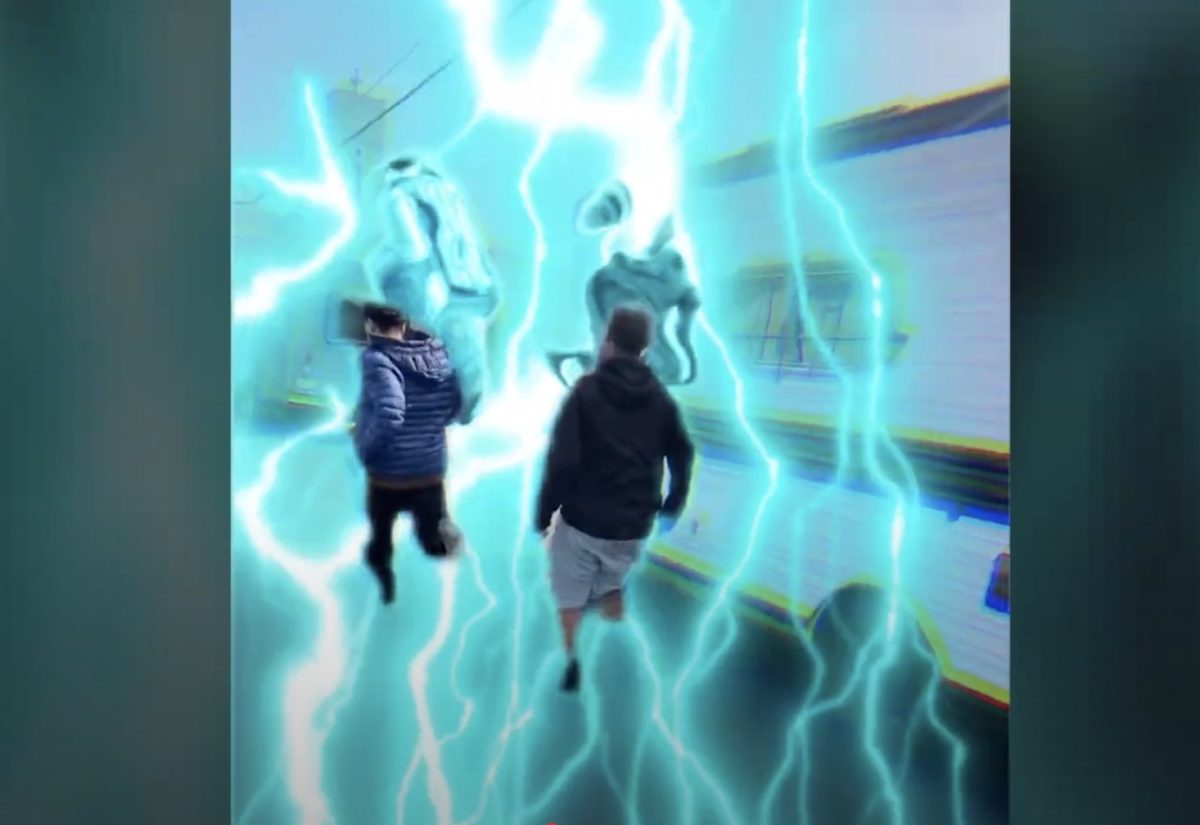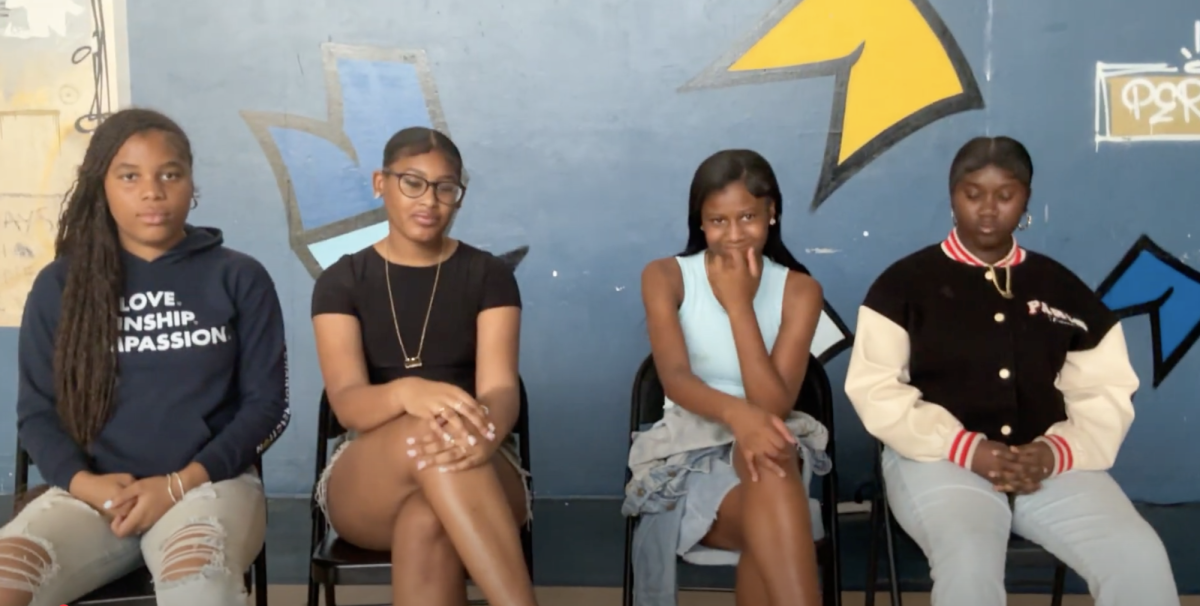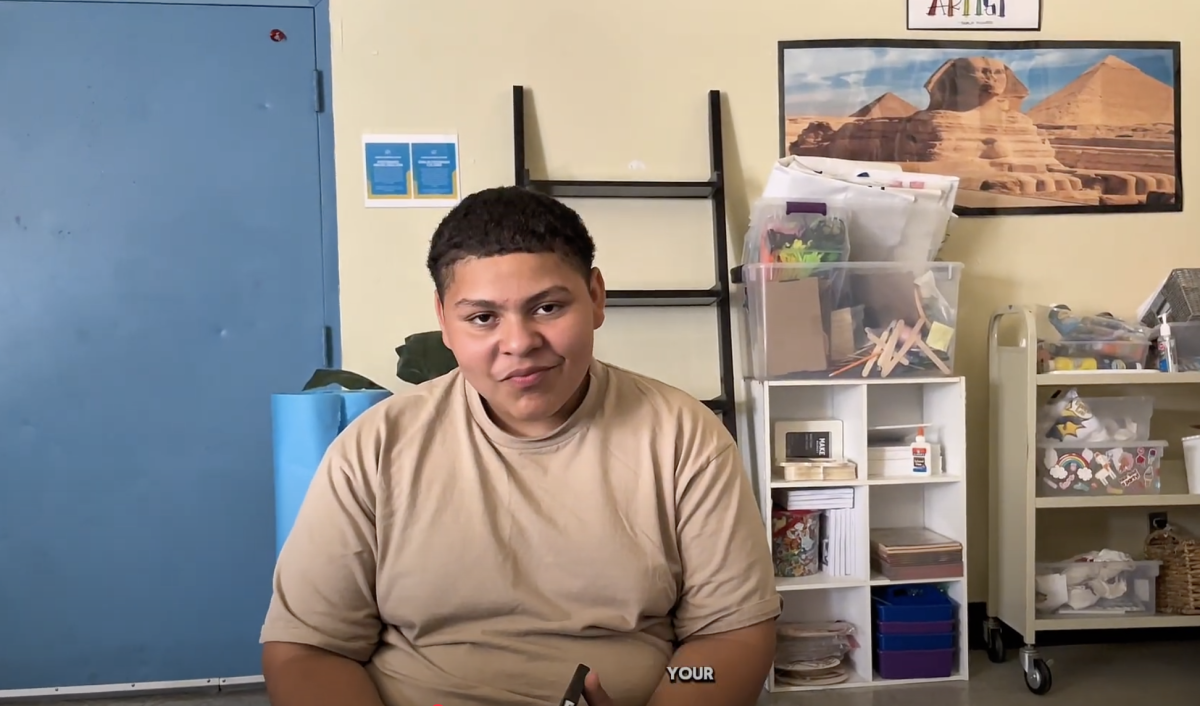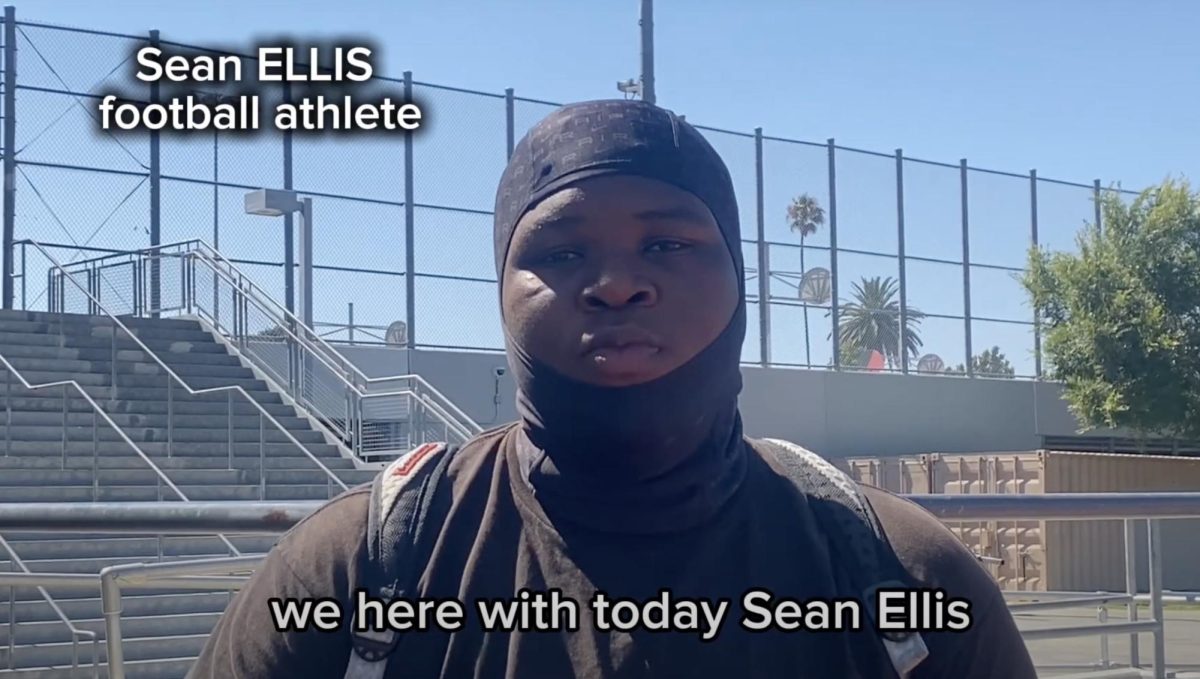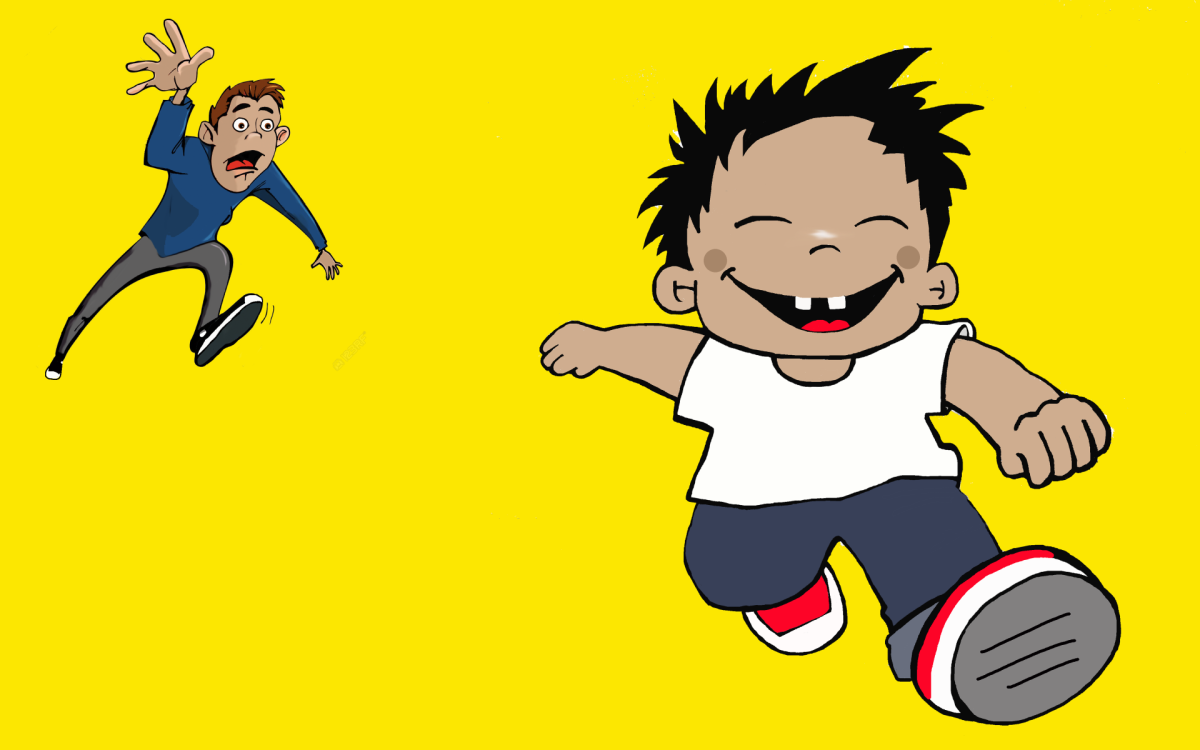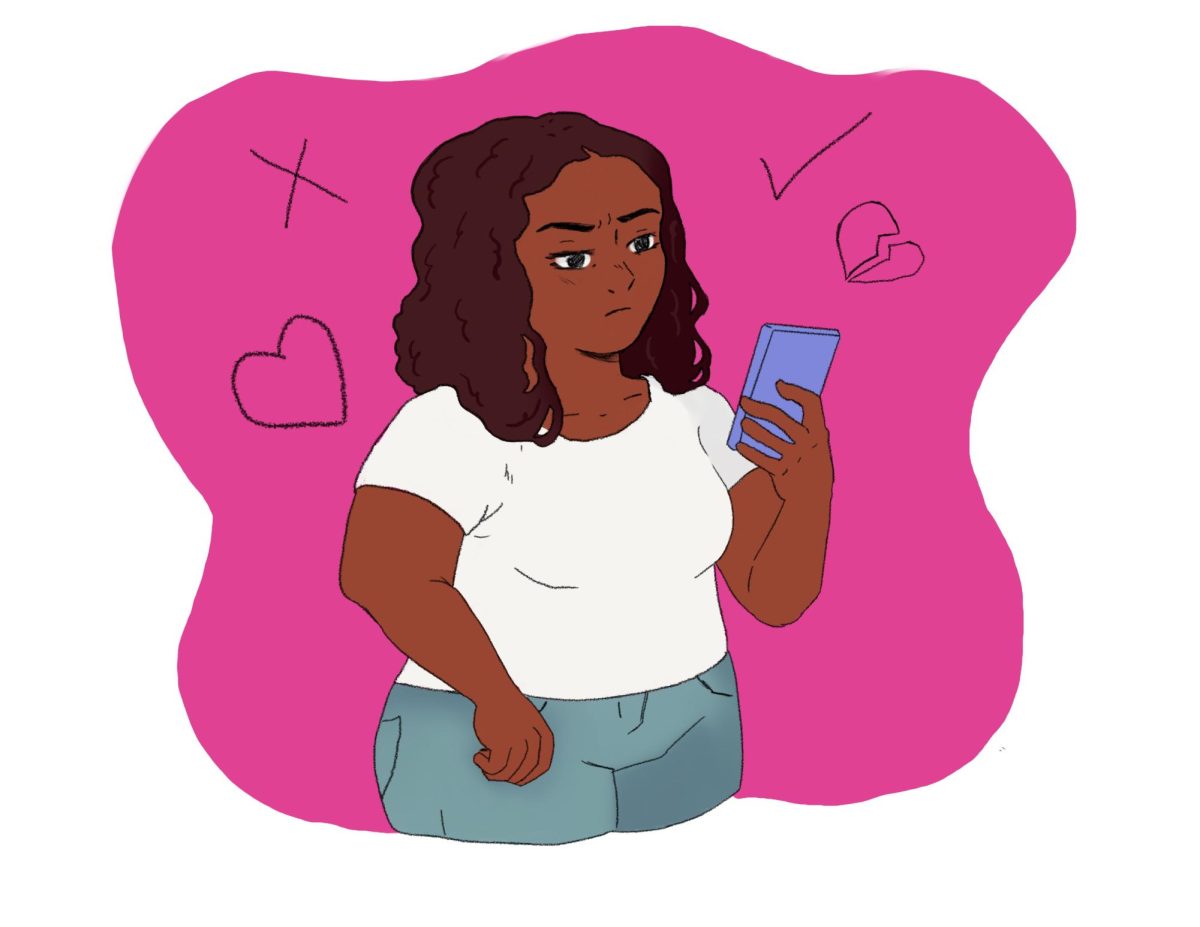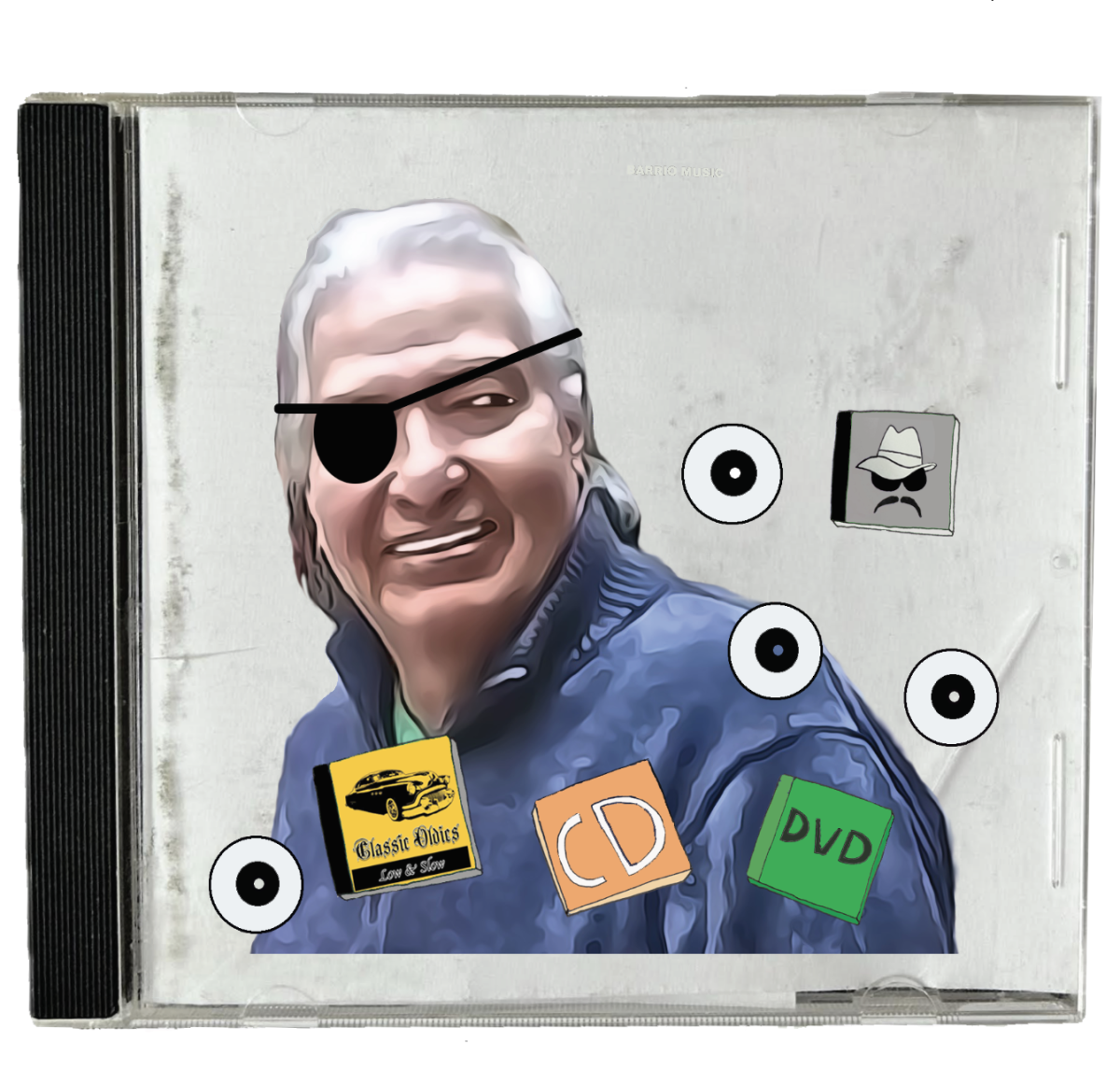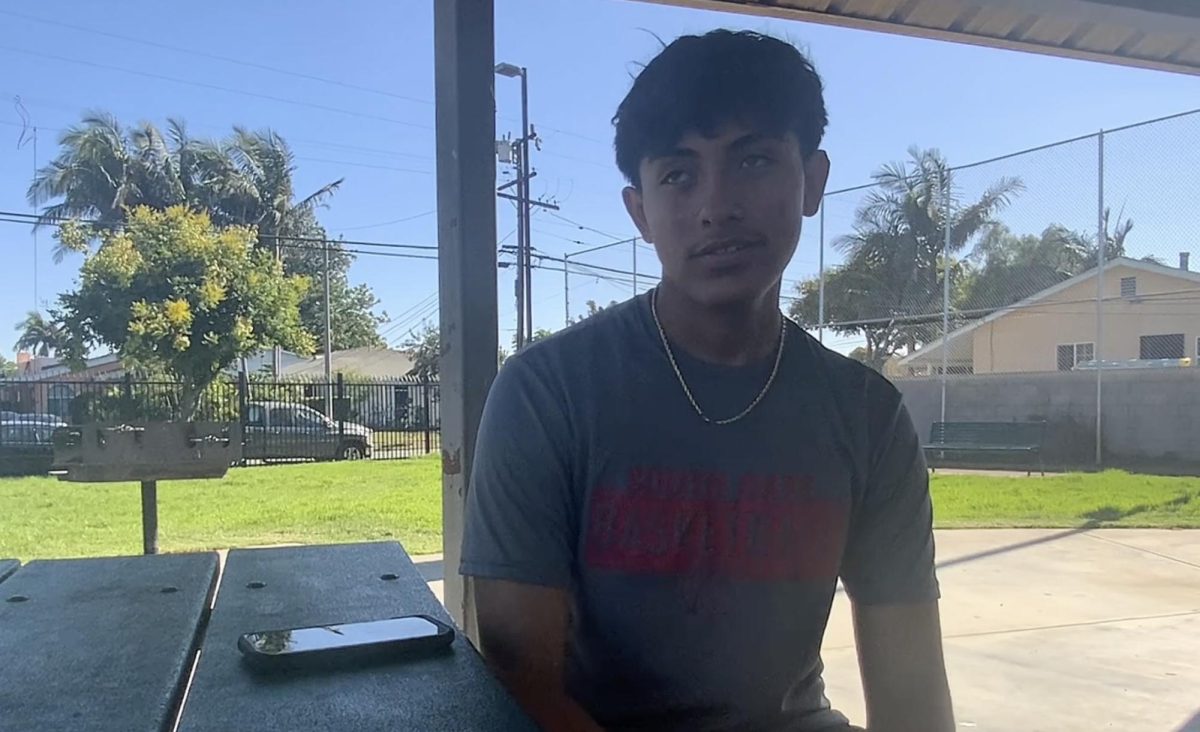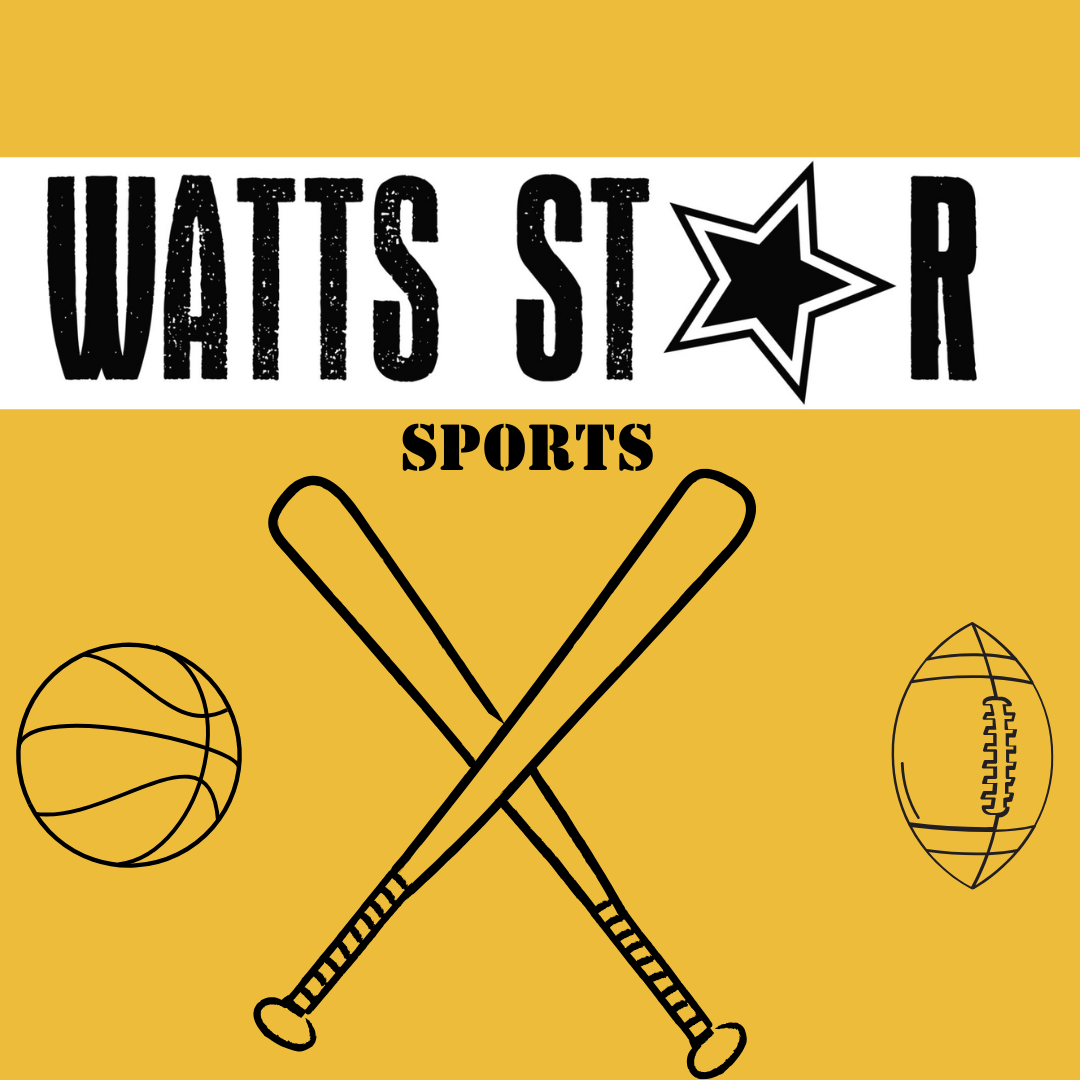John Fogerty made me cry.
It’s not like he hit or yelled at me.
He sang a song. I heard it while walking through a swap meet last December.
Fogerty was the singer for the 1960s American rock band Creedence Clearwater Revival.
They were my father’s favorite American band.
My dad died in 2022—from complications from cancer.
His illness and eventual death felt sudden, and ever since, I haven’t been able to listen to the band.
Following his death, I didn’t cry as much as I thought.
I cried when he died and at his funeral. The immediate week following his death was a haze of sobbing until I dry heaved.
But after that, I hardened.
I threw myself into schoolwork and tried to keep busy as best I could.
While normally quite open, I was now avoiding my feelings.
I was avoiding my father.
Avoiding his memories and the hurt they caused. Avoiding the music that reminded me of him.
I was getting sick of avoiding.
That was part of why I came to the Roadium Open Air Swap Meet that day. My father had worked at swap meets, and I had avoided them, too.
By now, it had been over a year since his death, and my mom had asked for a specific item for Christmas. One I knew was sold at the swap meet.
Two birds with one stone, I told myself. I’ll get mom’s gift, and I’ll get over myself.
While hunting, I passed a vendor who sold music, like my father did. As I hurried past, the vendor began playing a mixed CD I recognized.
The song playing was a Spanish cover of the song “Cotton Fields.” I knew as soon as it ended, the Creedence version would start.
I knew this mix.
It was my father’s CD.
I won’t cry, I lied to myself, even as I could feel the burning tears welling up.
********************************
Growing up, Sundays were swap meet days for my dad and me.
He was a vendor at the now-defunct East Los Angeles College Swap Meet.
At first, Dad sold a little of everything: clothes, electronics, tools and more.
After a workplace injury cost my dad his day job (he was a welder), he decided to invest more time into the swap meet, now working Saturdays and Sundays.
Eventually, the East LA Swap Meet closed, and my father found a new home at Golden West Swap Meet in Huntington Beach.
But sales were dwindling.
“I need something new,” he said. “Something unique, something that will sell.”
It became our project. During the week, we researched other swap meets. My dad saw that the best vendors specialized in something—clothes, food, movies, tools.
We found a vendor selling CDs at the Santa Fe Springs night swap meet.
Nothing modern, but a variety of older English and Spanish music.
“No one sells that type of music at Golden West,” he told me as we drove home.
Dad did not immediately resort to piracy.
He visited yard sales and estate sales and bought out entire collections of CDs. He haunted thrift stores and auctions and bought music by the box-fulls.
He redesigned his vendor spot to be all about music. Under the shade, we had tables displaying CDs and boxes of vinyl records and cassette tapes on the ground. He brought a portable boombox and played music to attract customers.
He feared people would complain about the noise, however, his fellow vendors and the customers loved it.
Sales increased.
But soon, people wanted more variety.
People wanted compilations and mix CDs instead of original LPs. Finding the original releases was becoming increasingly challenging and expensive.
“This Teen Tops CD only has nine songs,” I remember someone complaining. “Why don’t you just mix them all together?”
Later that night, I overheard him talking to my mom.
“But isn’t it illegal?” she asked. “What if you get caught?”
“I’ve seen other people do it. I’ll just be smart about it,” he assured her. “It’s paying the bills. I think I can make something out of this.”
Again, he did research.
Through his “contacts,” my father got the address of a couple of bootleg pirate “plugs.”
We drove to a decrypt old building bordering South Central and Downtown LA. Walking past the broken elevator, we trudged up several flights of creaky stairs until we reached the piracy room.
It was an empty apartment filled with simple desktops and the constant whirring of computer fans, burning and churning out CDs and DVDs.
Bootlegs.
The floor of the apartment was filled with scattered, waist-high piles of CDs and DVDs. It was the kind of music my dad sold, but instead of originals, these were compilations with over 20 to 25 songs per CD.
Jackpot.
They became his suppliers until one day, they just disappeared.
Such was the uncertain world of music bootlegging.
My dad had been buying for a few years and had good stock.
“If we buy the computer, can you teach me how to burn my own copies?” he asked.
“Sure,” I replied. “As long as when we get raided we say it was all your idea.”
After being fairly tech-illiterate for most of his life, my dad mastered the lost art of CD burning.
He was also organized. He tracked his sales and determined the number of copies he burned weekly by monitoring trends.
Sales eventually plateaued, but my father had built an established clientele that was enough to get by.
More importantly, he enjoyed it.
Years later, my father lay in a hospital bed plugged into all sorts of whirring and buzzing machines.
He died Dec. 10, 2022. We played “Proud Mary,” his favorite Creedence song.
He flatlined right as the song ended.
If I hadn’t been there, I wouldn’t have believed it.
After he died, I asked my mom why he resorted to bootleg CDs, basically stealing music. I told her my theory that after the injury, Dad was desperate and was looking for anything to keep us afloat.
Mom said I was overthinking it.
“He liked music, he liked people, and he loved spending time with us,” she insisted.
She said pirating and selling music, legal or not, allowed him to spend time doing what he loved with the people he loved.
Mom was right.
Deep down, I think Dad wanted a real record store.
But it didn’t happen. He pirated. I can’t judge.
Hell, I was a participant.
********************************
In 2019, I was reading about the origins of the East Side Story Collection, a 12-volume mix set of oldies music well-known in the Chicano communities of Los Angeles.
The 12 volumes were illegally pirated by a mysterious “Mr. B.” While never owning the rights to the music, he would press vinyls at home to sell at swap meets.
I told Dad the story. As a fan of the collection from way back, he got a kick out of it.
“I want to make my own CD,” he said a few days later, “I want to pick each song and make my own cover.”
My father loved classic American rock and was also a fan of the Mexican covers that played in his hometown as a child.
So he mixed both.
The Spanish cover of the song would play first, and next, the English version would play. With my help, he curated the song list and then created the CD.
The first song on his mix was a Spanish cover of “Cotton Fields” by the Mexican rock group Los Apson, immediately followed by the Creedence version.
********************************
While his CD never sold well, my dad gave it away to other vendors when visiting swap meets, like some sort of pirate, Johnny music-seed.
This was the CD that was playing while I was walking by.
As Los Apson gave way to Creedence, I began to cry.
Clear as day, I could hear my dad singing in his thick Mexican accent.
“When I was a little bitty baby, my mama would rock me in the crib.”
The dams burst and I was weeping.
Strangers stared.
The song was prying memories of my father out of my head.
It was too much, too fast.
I saw him unashamedly dancing in place to the music the way he would when working the tables. I heard him singing at the top of his lungs during car trips to annoy us. I felt his course hands on my shoulder, steadying himself as we walked the swapmeet rows.
While sobbing, I had two clear thoughts.
I miss my dad. I miss this music.
I had been avoiding both strongly because I wanted to avoid the hurt.
But standing there crying, I realized I couldn’t avoid my dad or the music anymore. I needed to feel my feelings.
I still avoid the band.
But I knew then that in the not-too-distant future, I would turn up the volume instead of turning it off.
I would be OK remembering my dad.
I would be OK.
And standing there, with tears streaming down my face as John Fogerty sang about his mom, I began to smile.

